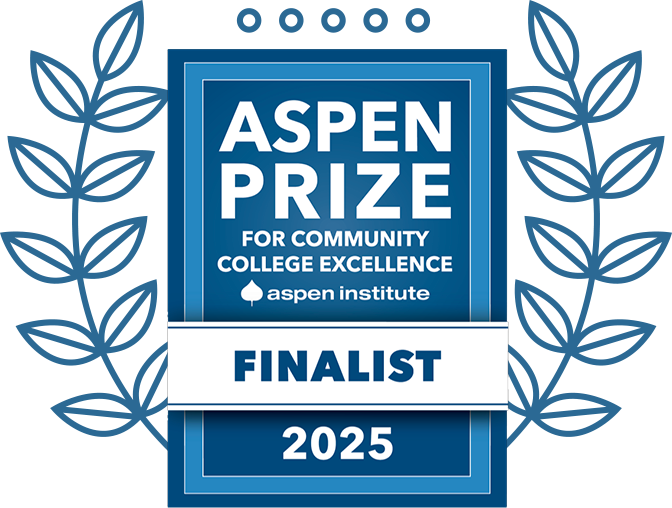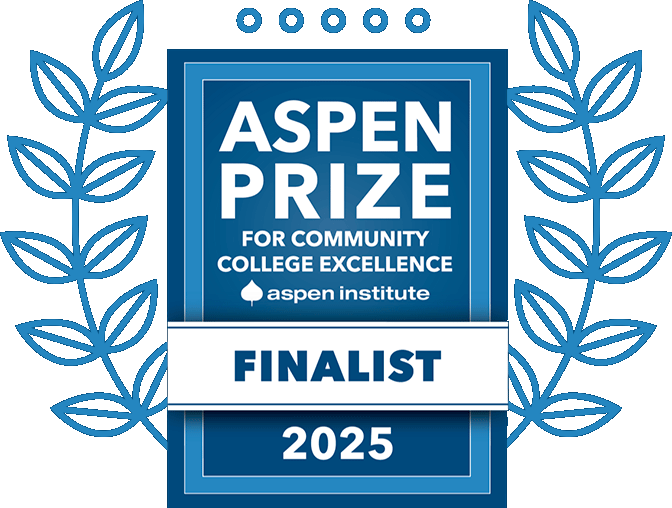Policy
GEORGIA HIGHLANDS COLLEGE
POLICY FOR PROGRAMS SERVING MINORS
1. Purpose
The purpose of this policy is promote the safety and welfare of minors who participate in activities and programs while entrusted to Georgia Highlands College’s care. This policy applies to all programs that begin on or after May 1, 2017.
To support the protection of minors, this policy outlines what is required of faculty, staff, non-paid affiliates, students, student employees, and volunteers who work in activities and programs with minors.
It informs individuals of their reporting obligations in instances of known, or suspected child abuse, neglect of a minor, or any other issues of concern related to the care of minors on campus.
2. Definitions
2.1. Authorized adult or program staff – individuals, paid or unpaid, who interact with, treat, supervise, chaperone, or otherwise oversee programs serving minors. This includes, but is not limited to faculty, staff, volunteers, non-paid affiliates, students, student employees, and volunteers.
2.2. College facilities – facilities owned by, or under the control of Georgia Highlands College
2.3. College-sponsored programs – programs that are directly managed by faculty, staff, and sponsored student organizations on behalf of the institution. All college-sponsored programs must be registered.
2.4. Direct contact – providing care, supervision, guidance, or control of minors, or having routine interaction with minors.
2.5. Minor – a person under 18 years of age who is not enrolled or accepted for enrollment in a degree program at Georgia Highlands College.
2.6. Non-college sponsored programs – programs that are not operated on behalf of Georgia Highlands College or under its control.
2.7. One-on-one contact – personal, unsupervised interaction between any authorized adult or program staff and a participant without at least one other authorized adult or program staff, parent, or legal guardian, present.
2.8. Program – programs, or activities, offered by various academic or administrative units of Georgia Highlands College or by non-college groups using college facilities where the parents or legal
Page 2 of 4
guardians are not responsible for the care, custody or control of their children. This includes, but is not limited to workshops, services, campus, conferences, campus visits and similar activities.
2.9. Sponsoring unit – The academic or administrative unit of the institution that offers a program, or gives approval, for the use of institution facilities.
3. Program Registration
Georgia Highlands College is responsible for maintaining a registry of authorized (GHC) programs serving minors. Registration for ongoing and pre-established activities and programs with minors must be completed annually prior to the beginning of the academic year. All other programs should be registered sixty days in advance if possible, but must be completed before an activity or program with minors begins.
4. Authorized Adult or Program Staff Code of Conduct
Authorized adults or program staff should be positive role models for minors, and act in a caring, honest, respectful and responsible manner that is consistent with the mission of Georgia Highlands College. Authorized adults or program staff are required to comply with all applicable laws and college policy. Authorized adults or program staff working in programs covered by this policy must follow these exceptions to avoid conduct that could cause harm or be misinterpreted:
- Do not engage is any sexual activity, or in the presence of, a minor, make sexual comments, tell sexual jokes, or share sexually explicit material with minors or assist in any way to provide access to such materials to minors.
- Do not engage or allow minors to engage you in romantic or sexual conversations, or related matters, unless required in the role of counselors or health care providers.
- Do not touch minors in a manner that a reasonable person could interpret as inappropriate. Touching should generally only be in the open and in response to the minor’s needs, for a purpose that is consistent with the program’s mission and culture, or for a clear educational, developmental, or health related purpose (i.e., treatment of an injury). Any resistance from the minor should be respected.
- Do not use profanity, vulgarity, or harassing language that would violate HR.501.
- Do not be alone with a single minor. If one-on-one interaction is required, meet in open, well illuminated spaces or rooms with windows observable by other authorized adult or program staff, unless the one-on-one interaction is expressly authorized by the program administrator or is being undertaken by a health care provider.
- Do not meet with minors outside of established times for program activities. Any exceptions require written parental authorization and must include more than one authorized adult or program staff.
- Do not invite individual minors to your home or other private locations. Any exceptions require authorization by the program administrator and written authorization by a parent/guardian.
- Do not provide gifts to minors or their families independent of items provided by the program.
- Do not engage or communicate with minors through email, text messages, social networking websites, phone, internet chat rooms, multiplayer online games, or other forms of social media at any time except and unless there is an educational or programmatic purpose and the content of the communication is consistent with the emission of the program and the college.
- Do not engage in any abusive conduct of any kind toward, or in the presence of, a minor, including but not limited to verbal abuse, striking, hitting, punching, poking, spanking, or restraining. If restraint is necessary to protect a minor or other minors from harm, all incidents must be documented and disclosed to the program administrator and the minor’s parent/guardian.
- Do not provide alcohol or illegal drugs to a minor.
- When transporting minors, more than one authorized adult or program staff from the program must be present in the vehicle, except when multiple minors will be in the vehicle at all times through the transportation. Avoid using personal vehicles if possible and comply with the program’s transportation guidelines.
- Do not provide medication to a minor unless authorized by the program’s medication management guidelines.
- Possession of or use of any type of weapon or explosive device is prohibited unless authorized in advance by campus law enforcement.
5. Training
All authorized adults or program staff who work with programs serving minors are required to be trained on policies and issues related to minor health, wellness, safety, and security. This training should be completed annually and may differ based on role. Documentation of training completion is required to be maintained by the program administrator. Training must address the following topics:
- Detecting and reporting abuse or neglect
- First aid/CPR and medication management
- Participant conduct management and disciplinary procedures
- Authorized Adult or Program Staff Code of Conduct
- Sexual and other unlawful harassment
- Clery Act
- Safety and security protocols
6. Criminal Background Screening
All authorized adults or program staff who work with programs serving minors covered by this policy are required to submit to an initial criminal background screening. Returning authorized adults or program staff are required to submit to a criminal background screening every two years thereafter. Criminal background checks must be completed and evaluated before the authorized adult or program staff may begin working with minors. The criminal background screening will be administered by the Human Resources department. If a criminal record history is revealed, the application must be referred to Human Resources for evaluation consistent with Human Resources guidelines. Program administrators of non-College sponsored programs are required to certify that they have conducted background checks and determined the fitness for all authorized adults and program staff before being allowed to use or lease college facilities. Pre-screening is not required of temporary guest speakers, presenters or other individuals who have no direct contact with program participants other than short-term activities supervised by program staff.
7. Participant Requirements
Parents or legal guardians of minors and minors must submit required forms before being allowed to participate. These forms include but are not limited to a participant agreement, health form, emergency contact form, proof of medical insurance, phone and recording release, and participant code of conduct.
8. Reports of Known or Suspected Abuse or Neglect of Minors
Anyone participating in a Georgia Highlands college-sponsored program or a non-college-sponsored program operating in Georgia Highlands College facilities who knows, suspects, or receives information indicating that a minor has been abused, neglected, or who has other concerns about the safety of minors MUST inform the appropriate campus department of public safety. All reports MUST also be made to the Division of Family and Children Services (DFACS) within 24 hours.
To contact Campus Police, please call 706-295-6347 and select option 2. The cell phone numbers for each campus are listed below.
- Floyd Campus Cell 706-252-4813
- Heritage Hall Campus Cell 706-252-4817
- Cartersville Campus Cell 706-252-2018
- Marietta Campus Cell 706-252-2704
- Paulding Campus Cell 770-276-5383
9. Supervision Ratios
All programs must evaluate the numbers of minors participating to determine the proper supervision ratios to assure a safe program.
10. Transportation and Housing Needs
All programs must evaluate the transportation and housing needs to determine what is required and if the program can be successfully run with the resources available.
11. Third Party Sponsors
Third parties who sponsor programs on Georgia Highlands property must execute a USG-approved facilities use/licensing agreement and conform to all the terms of the policy.
12. Response Protocols
All programs are required to have response protocols for injury, illness, participant misconduct and staff misconduct. All programs must follow the rules for state licensing or have exemption there from.


